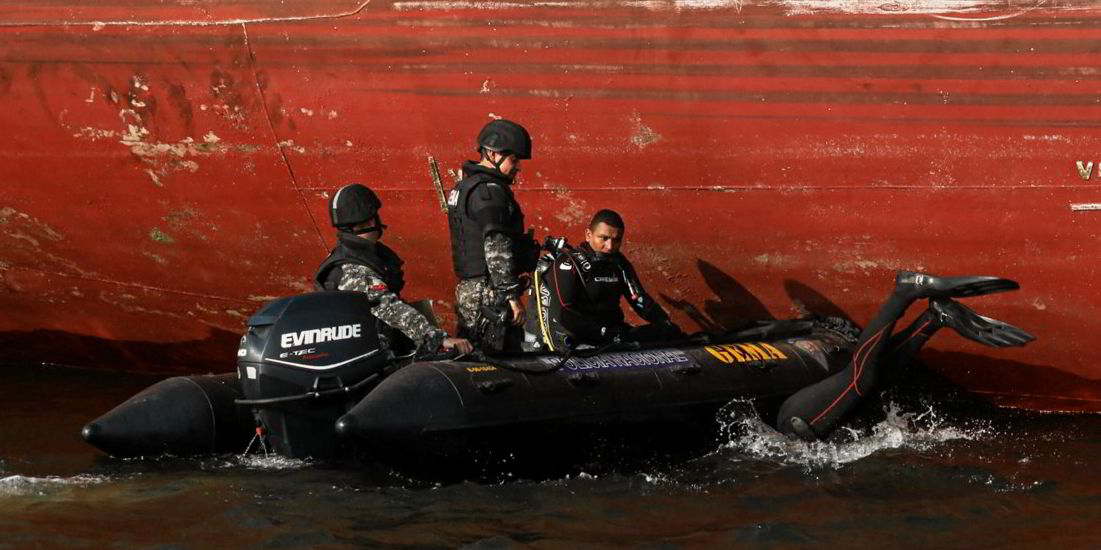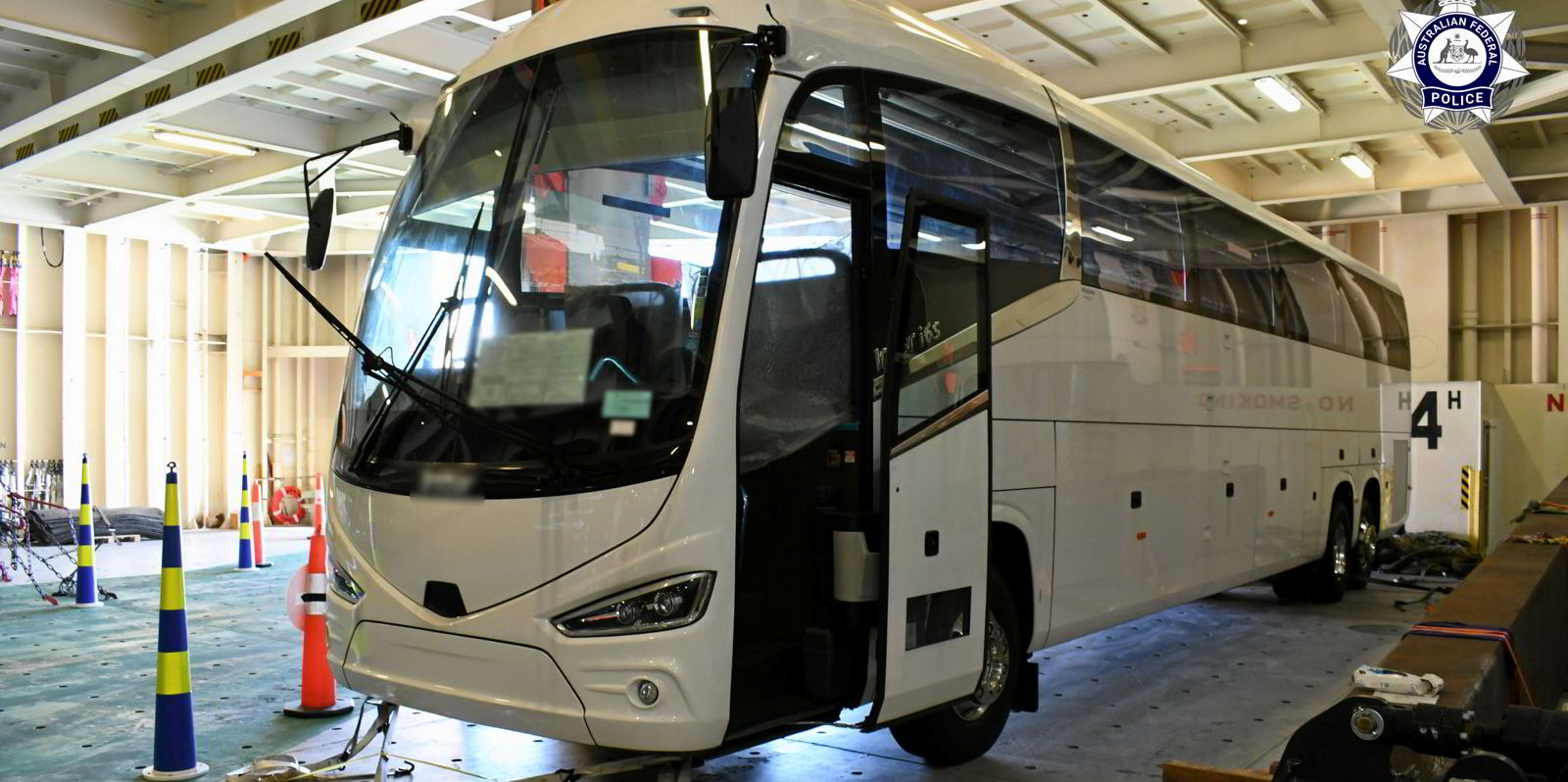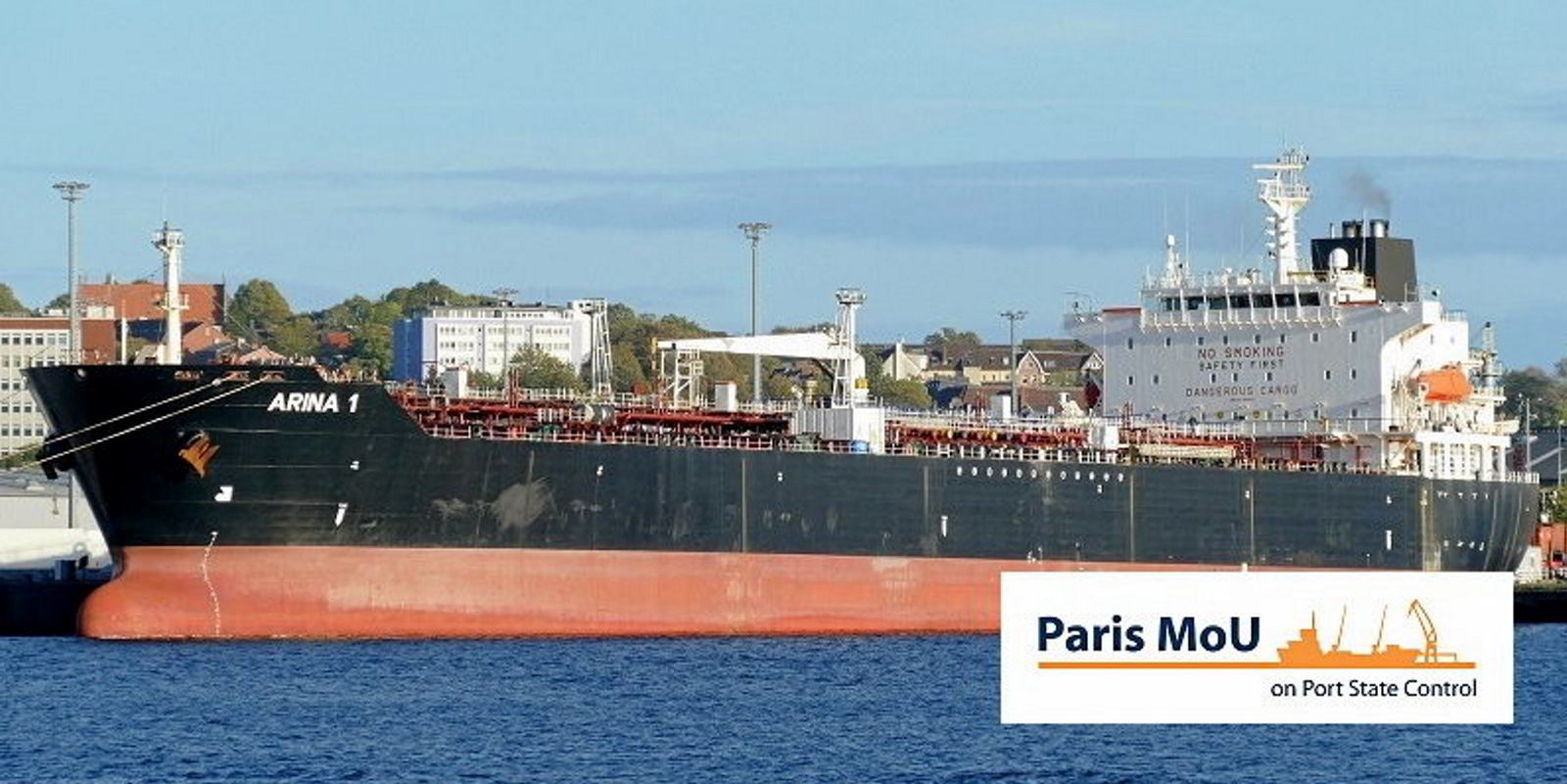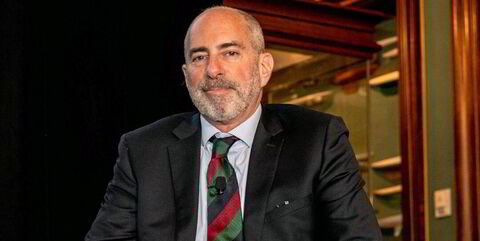Organised crime has exploited the mistrust between agencies tackling drug smuggling at ports to place corrupt insiders within shipping operations, according to an International Maritime Organization document.
The global regulator has recognised the threat posed by corrupt or hostile insiders and is setting up training courses to try to neutralise the threat, it said in a report on measures being taken by United Nations bodies.
The training on “insider threat and security culture” will address the risk from maritime employees involved in terrorist or criminal acts “through use of their authorised access, thereby giving them a tactical advantage”, according to the paper produced by the IMO’s secretariat.
The European policing agency Europol raised the alarm last year over the role of corrupt insiders in aiding the shipment of hundreds of tonnes of cocaine through the ports of Antwerp-Bruges and Rotterdam.
It said corrupt employees secured unique codes to identify individual containers and passed them on to gangs. This allows the criminals to send a driver to collect the container and drive off with it before recovering the drugs stashed inside. The practice is known as PIN code fraud.
Europol head Catherine De Bolle said in July that the agency had discovered one port where “everyone was corrupted”, but did not name it.
The IMO document — an update on the work of UN bodies fighting organised crime in the maritime sector — highlighted the difficulties for authorities seeking to confront the criminal gangs.
It said the vast scale of operations, with about 850m containers shipped annually, coupled with sophisticated concealment methods and complex routings, made successful interceptions difficult.
“Seaports are notoriously challenging — and at times dangerous — places to work,” according to an update attributed to the UN Office on Drugs & Crime (UNODC).
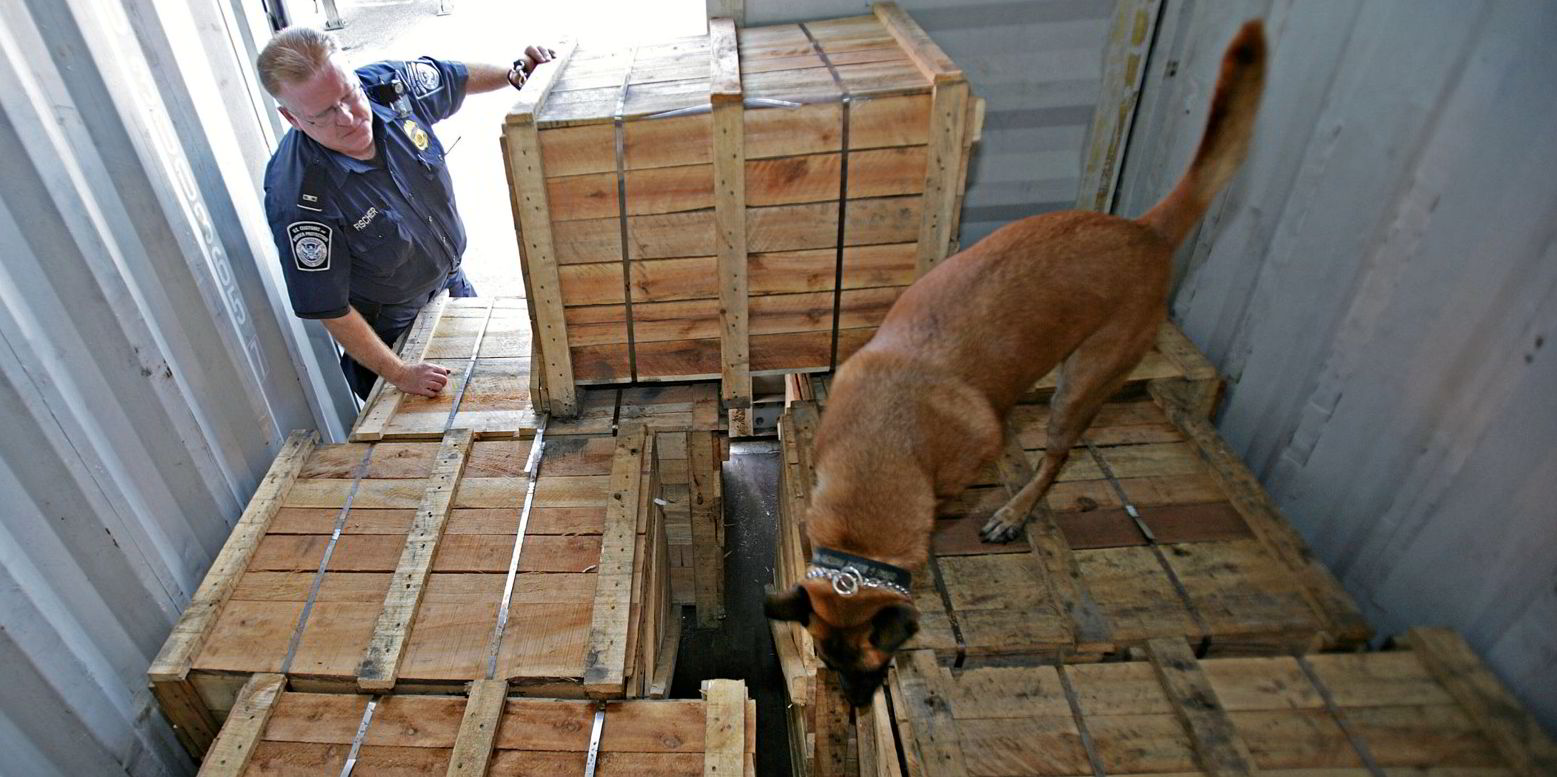
“Law enforcement structures are often hampered by a lack of resources, inter-agency mistrust, complex port processes and systems, and other factors which are purposefully exploited by criminal organisations.
“This situation poses a very real and serious threat to the security of the international trade supply chain, which is so important to sustainable development.”
‘High-risk containers’
UNODC said it has launched a programme with the World Customs Organization to set up units of police and customs officers that specialise in targeting “high-risk containers” for scrutiny.
The paper said there has been an increase in the use of bulk carriers to haul drugs, particularly transiting West Africa from South America en route to Europe.
“Containerised cargo remains highly attractive to drug trafficking organisations, primarily due to the ease of concealing drugs, especially cocaine, and the cost-effectiveness of shipment,” it said.
“Exploiting the fact that destination countries lack the capacity to thoroughly scan and search all containers, this method has proven to be a remarkably lucrative business model.”
The paper was written at the request of Belgium’s IMO delegation. The Belgian government has said it will focus on tackling drug trafficking via major European ports during its six-month presidency of the Council of the European Union, the ministerial-level decision-making body.
Belgium introduced a new maritime security law last year because of a surge in smuggling and violent gang feuds related to the illicit shipment of drugs using containers.
Seizures of cocaine in the EU are hitting record levels. In October, the 27-nation bloc announced a port alliance aimed at stepping up the fight against what it described as one of the most significant security threats it faced.
Read more
- NCL cruise ship passenger claims 36kg of marijuana was for personal use
- Desperate seafarer jumps from drugs-bust bulker after weeks of detention
- Crime gangs face clampdown at European ports as cocaine seizures surge
- Navibulgar offers ‘full support’ in Irish drug ship probe
- Drug-sniffing dog finds €21m of cocaine on Navibulgar bulker
